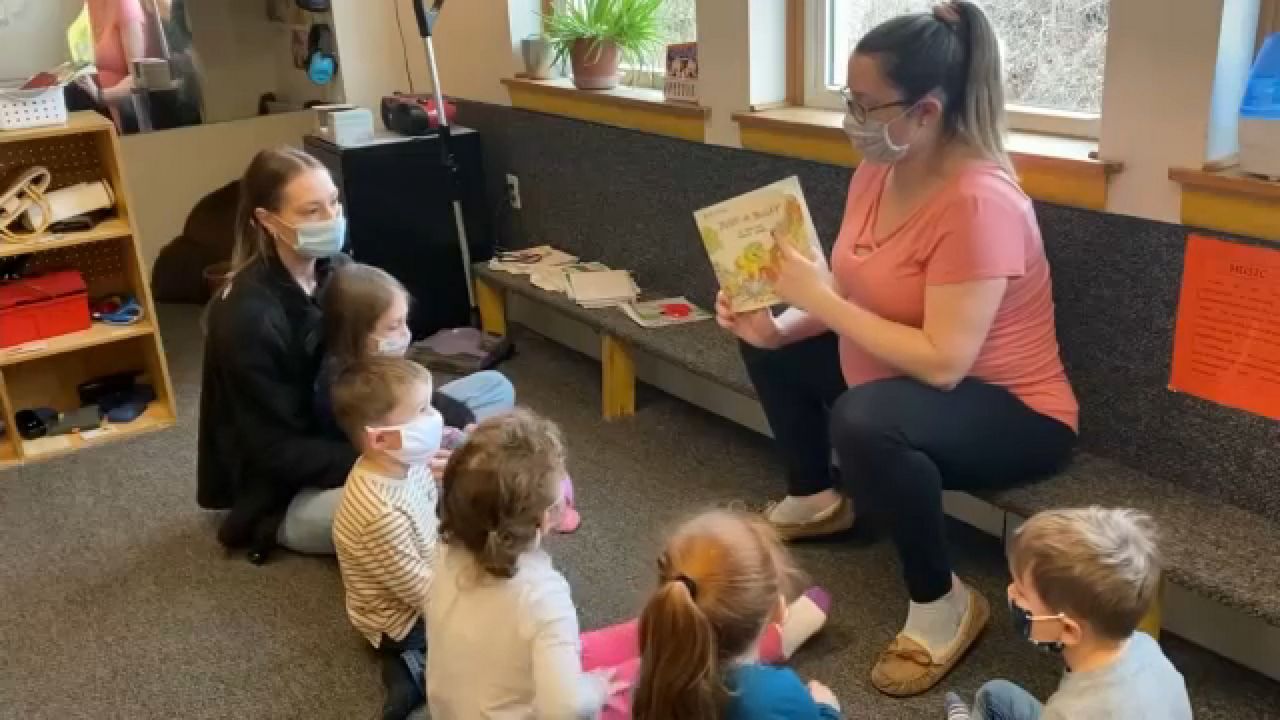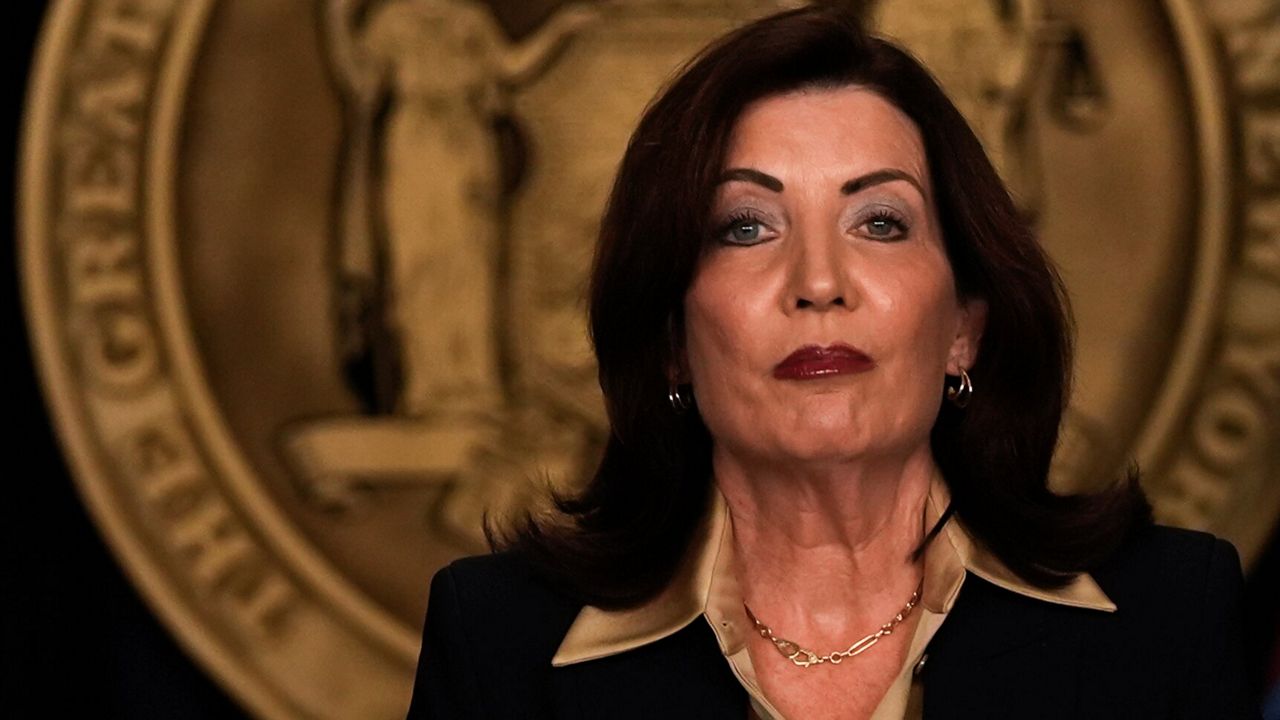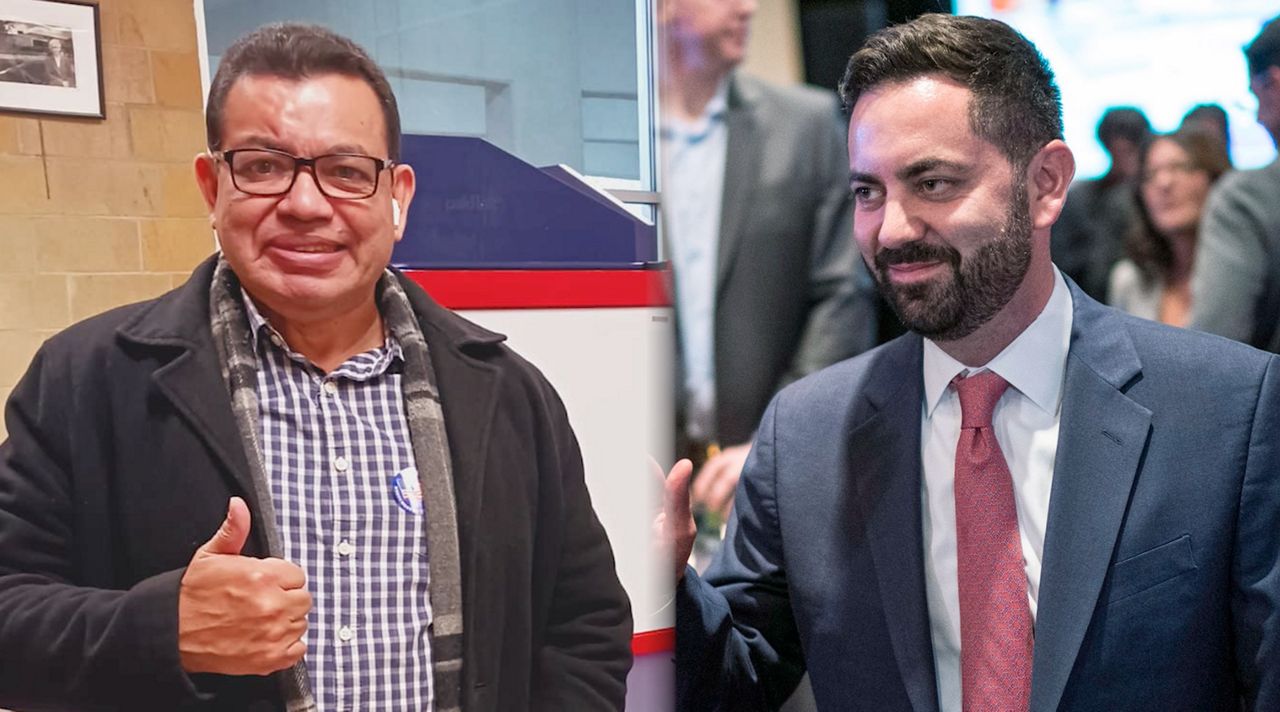As the state budget negotiations grind on, state lawmakers and advocates on Wednesday sounded an alarm over what could be a final funding figure for child care in the budget they believe won't be nearly enough to cover the increase in eligibility.
The effort to significantly boost funding for child care has been a key issue for some Democratic state lawmakers this budget season in Albany, an issue spurred in large part by the complications for working-class families created by the COVID pandemic.
Multiple sources on Wednesday afternoon said the negotiations have centered around splitting $3 billion in new funding over two years and, with families earning 300% above the federal poverty line eligible, the result could wait lists or county governments filling the gaps in funding for programs.
Advocates on Wednesday evening said the framework around child care was inadequate.
“New Yorkers have been clear they need child care now and the Governor and our legislative leaders must invest $3 billion in child care vouchers this year — anything less would fall short of what this historic moment demands," said Jason Cone, the policy director for the anti-poverty group Robin Hood.
"The fact is current uptake rates on child care vouchers are so low because of the onerous work and immigration status tests that families must overcome. The apparent unwillingness to reform these fundamental flaws in our child care policy will prevent tens of thousands of parents from being able to return to work. Keeping these backbreaking requirements is bad policy that flies in the face of the evidence that should be guiding our leaders in Albany.”
Meanwhile, sources on Wednesday evening said undocumented families in New York could be excluded from child care support. It's a scenario opposed by lawmakers like Assemblywoman Jessica González-Rojas, a Queens Democrat who has also called for low-income undocumented New Yorkers to be covered by health insurance.
On Twitter, González-Rojas called the potential exclusion of undocumented New Yorkers "unconscionable" and urged Gov. Kathy Hochul to expand the programs to include those communities.








